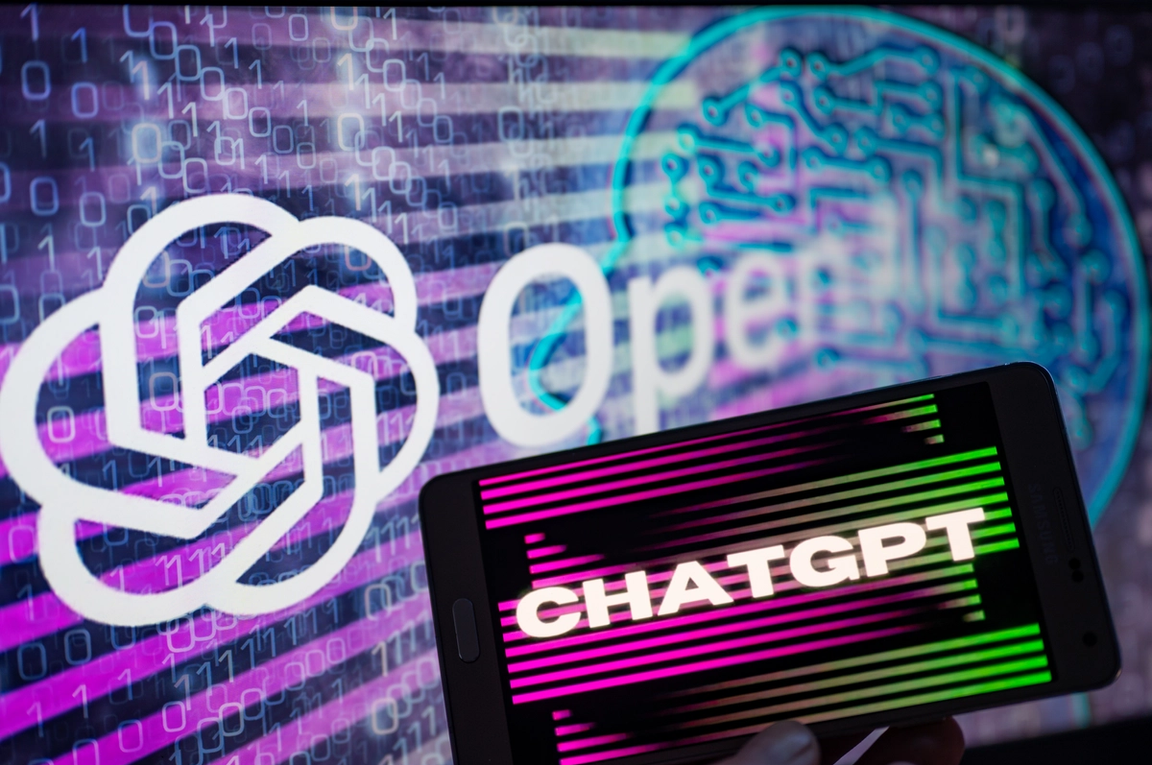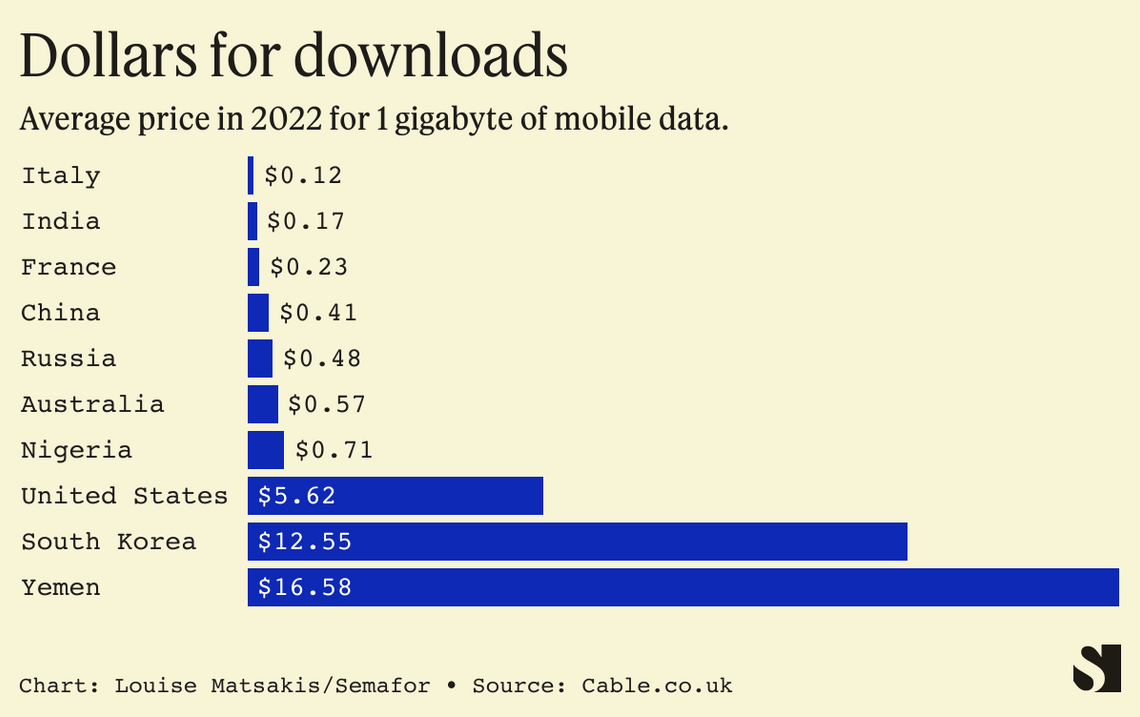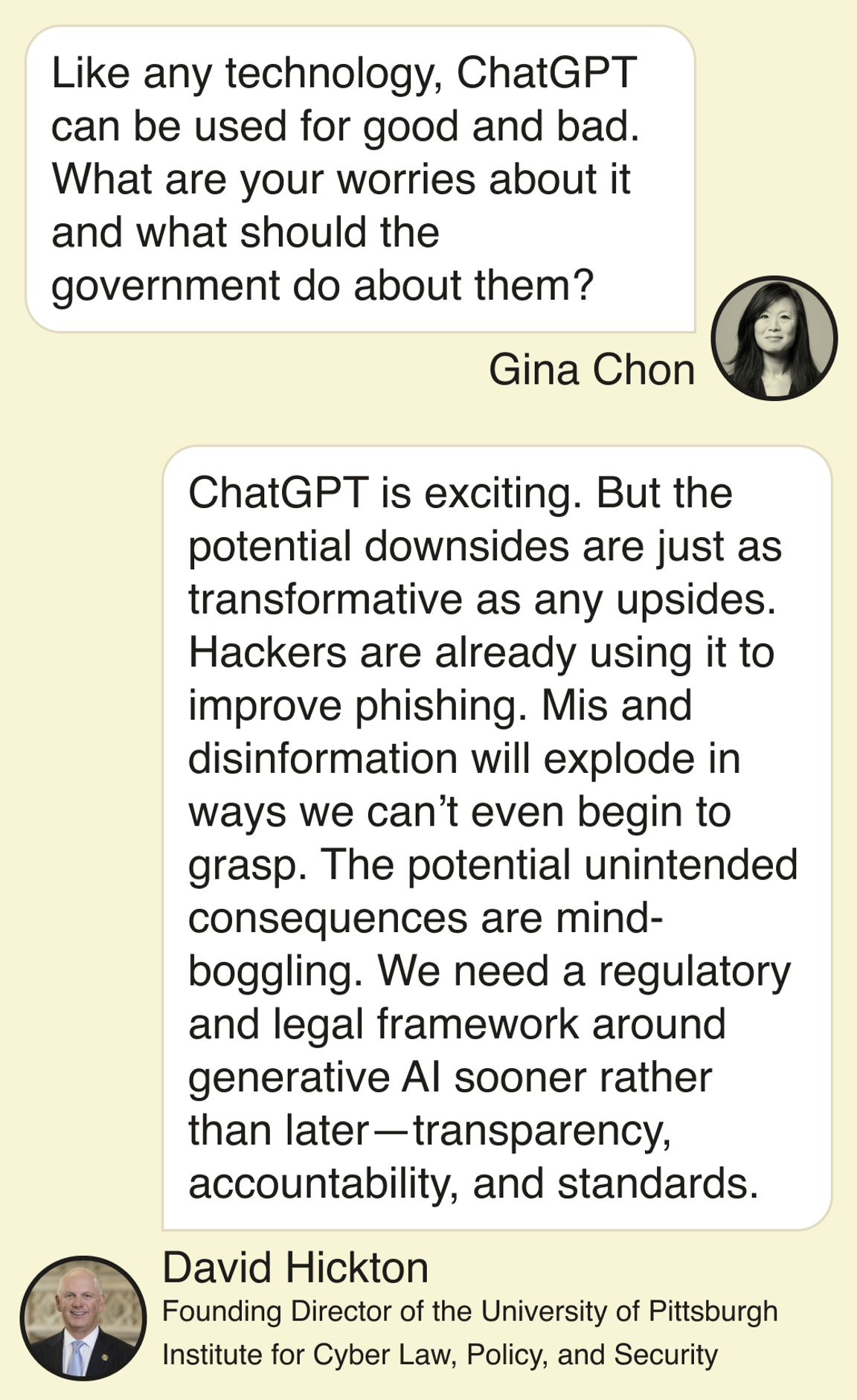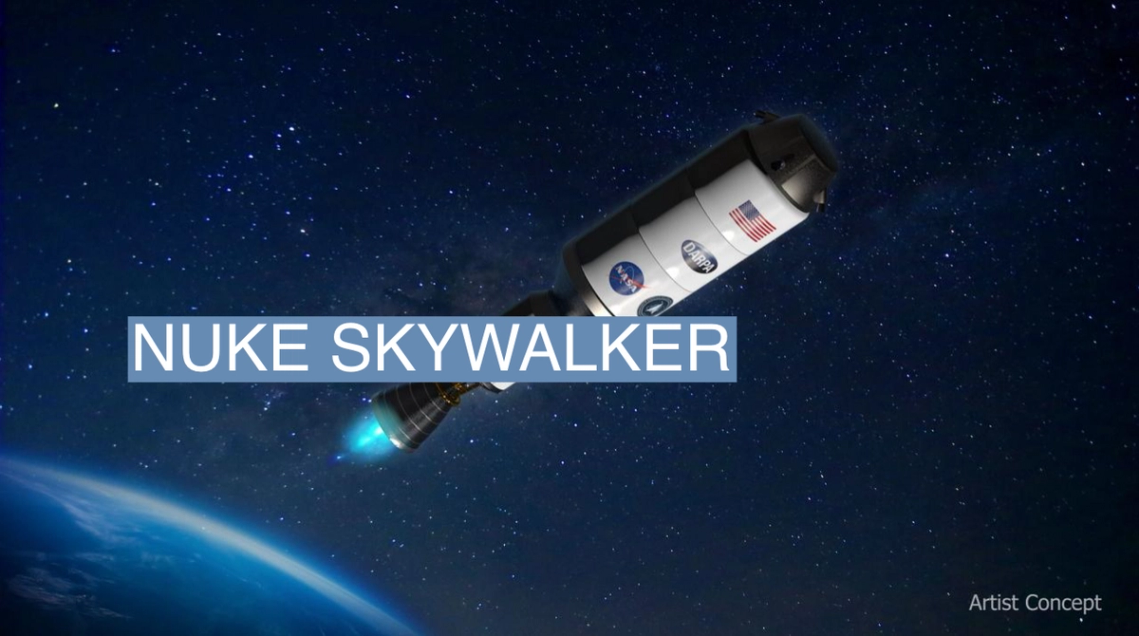THE SCOOP OpenAI, the company behind the chatbot ChatGPT, has ramped up its hiring around the world, bringing on roughly 1,000 remote contractors over the past six months in regions like Latin America and Eastern Europe, according to people familiar with the matter. About 60% of the contractors were hired to do what’s called “data labeling” — creating massive sets of images, audio clips, and other information that can then be used to train artificial intelligence tools or autonomous vehicles. The other 40% are computer programmers who are creating data for OpenAI’s models to learn software engineering tasks. OpenAI’s existing Codex product, launched in Aug. 2021, is designed to translate natural language into code. “A well-established company, which is determined to provide world-class AI technology to make the world a better and more efficient place, is looking for a Python Developer,” reads one OpenAI job listing in Spanish, which was posted by an outsourcing agency. Previously, OpenAI trained its models on code scraped from GitHub, a repository site owned by its largest investor, Microsoft, which last week confirmed multi billion dollars in new funding first reported by Semafor. But in this case, OpenAI appears to be building a dataset that includes not just lines of code, but also the human explanations behind them written in natural language. A software developer in South America who completed a five-hour unpaid coding test for OpenAI told Semafor he was asked to tackle a series of two-part assignments. First, he was given a coding problem and asked to explain in written English how he would approach it. Then, the developer was asked to provide a solution. If he found a bug, OpenAI told him to detail what the problem was and how it should be corrected, instead of simply fixing it. “They most likely want to feed this model with a very specific kind of training data, where the human provides a step-by-step layout of their thought-process,” said the developer, who asked to remain anonymous to avoid jeopardizing future work opportunities. He has not yet been hired or rejected by OpenAI. Sam Altman, OpenAI’s CEO, recently put the company’s headcount at 375 people, a tiny number compared to the thousands of staff at tech giants like Google and Facebook working on artificial intelligence. “I know I’m not supposed to brag about OpenAI,” he tweeted, touting the company’s “talent density.” Altman did not appear to include contractors in that figure. But in OpenAI’s published research, the company has repeatedly noted the importance of outsourced labor in building its technology. “Finally, we’d like to thank all of our contractors for providing the data that was essential for training the models,” a team of researchers at OpenAI wrote in a paper last year. OpenAI declined to comment on its hiring practices.  Reuters/Jonathan Raa Reuters/Jonathan RaaREED’S VIEW With hundreds of programmers making a concerted effort to “teach” the models how to write basic code, the technology behind ChatGPT might be headed toward a new kind of software development as transformative to that sector as heavy equipment was to the construction industry. OpenAI’s Codex technology is already being used in Microsoft’s GitHub to power a feature called “Copilot,” which essentially autocompletes lines of code for programmers. Based on the work OpenAI’s contract programmers are doing, Copilot is about to become more like an autopilot, eliminating some of the rote work involved in writing code and ultimately eliminating some coding jobs altogether. Silicon Valley executives envision products that allow creative people with little to no coding experience to build everything from web sites to video games simply by describing their visions to an AI algorithm. “The hottest new programming language is English,” tweeted Andrej Karpathy, the former head of AI for Tesla. ROOM FOR DISAGREEMENT The contractors OpenAI and other companies hire around the world are typically not computer science graduates, nor do they have advanced coding knowledge. Their skill is writing the kind of basic code that OpenAI hopes to one day automate. The good news for these contractors: Despite the promising early results, there’s still a high likelihood that OpenAI hits major roadblocks in its efforts to automate coding, as tends to happen in AI development. Self-driving cars appeared imminent in 2013, for instance. Today, they seem like a distant possibility. NOTABLE - OpenAI also hired a firm in Kenya to work on content moderation, helping ensure ChatGPT doesn’t spit out racist, violent, and sexually graphic content, TIME reported last week. Workers employed there said they were scarred by disturbing content encountered during the job and that they lacked access to adequate mental health resources.
- As U.S. tech companies look to cut costs domestically, they’re increasingly hiring software engineering talent in places like Latin America, which offers a cheap, educated workforce in the same time zone, according to Rest of World.
| 








